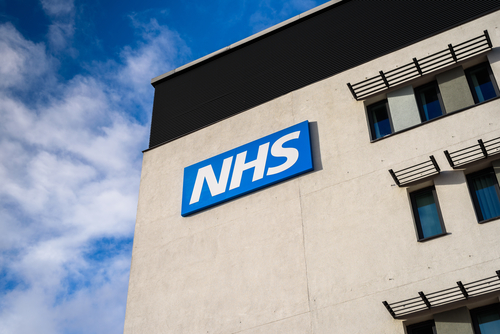A national program in England aimed at reducing cardiovascular disease has led to an 80 percent increase in diagnoses of chronic kidney disease (CKD) in its first five years.
The NHS Health Check program has also led to a 50 percent increase in diagnoses of hypertension and a 30 percent increase in diagnoses of diabetes.
In addition, doctors have prescribed 40 percent more statins since the program started. They may have prevented 4,600 to 8,400 heart attacks, strokes, or deaths, a review has shown. Statins, also known as HMG-CoA reductase inhibitors, are a class of lipid-lowering medications.
The study, “NHS Health Check comorbidity and management: an observational matched study in primary care,” was published in the British Journal of General Practice.
The English National Health Service started the Health Checks program in 2009 for adults 40–74 who had yet to develop cardiovascular disease (CVD) or diabetes. The checks involve assessing patients’ risk of getting CVD, and reducing their risk through behavioral changes or treatment. Some treatment involved addressing conditions connected with cardiovascular disease.
Jonh Robson’s research team at Queen Mary University of London looked at the program’s impact on cardiovascular disease and conditions associated with it between April 2009 and March 2014 in three areas of London — City & Hackney, Newham and Tower Hamlets.
About a third of the 252,259 adults eligible for the program took part — a total of 85,122 people. The number of participants increased over time.
The CKD diagnosis rate among program participants was 80 percent higher than the public’s, 30 percent higher for diabetes and 50 percent higher for hypertension. Treating CKD, hypertension, and diabetes helps reduce the risk of cardiovascular disease.
Some ethnic groups participated in the program at higher rates than others, researchers found. That was especially true of South Asians, who are at higher risk of CVD.
“Those who attended NHS Health Checks were substantially more likely to be found with a diagnosis of a new disease, including hypertension, diabetes and chronic kidney disease,” Robson said in a news release.
“If you compare attendance levels with other programs, such as the bowel screening program, the coverage here is much better, so one would hope that would translate into earlier opportunities for greater protection,” he said. “However, there is still room for improvement for NHS Health Checks, especially in terms of ensuring even better treatments for those at higher risk.”

